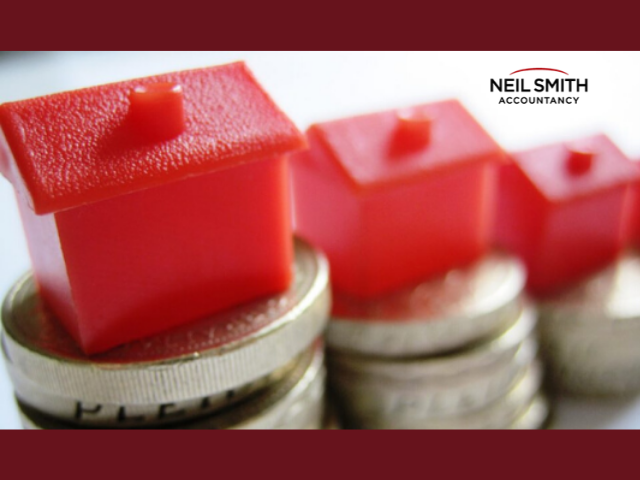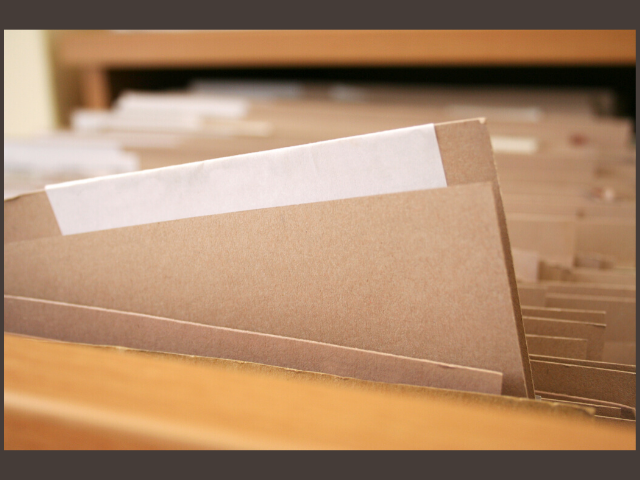If you own one or one hundred rental properties, you are a landlord and you must pay tax. This guide will tell you everything you need to know to make the process go smoothly.
Registration
You must complete a self-assessment tax return every year but before that, you need to make sure you have registered with HMRC by the 31st October in your first year of trading. They will provide you with a Unique Taxpayer Reference that will be used in all future correspondence.
Know your deadlines
Familiarise yourself with the deadlines and make sure you allow yourself plenty of time to submit. You already know the deadline for registration, but when does the actual return need to be completed by?
If you like to stick to pen and paper then your assessment will need to be with HMRC by the 31st October after the tax year has ended. So, if you are submitting a paper copy for the tax year 2019-2020, you will need to have it sent and checked by the 31st October 2020.
Opting for an online return is arguably the most convenient option, and it stretches the deadline to the 31st of January. For the 2019-2020 tax year that means pressing submit by the 31st January 2021.
Keeping records
Keeping good records throughout the year is the easiest way to ensure a smooth self-assessment process. Record your property-related income and outgoings on a spreadsheet to keep it all together and remember to keep hard copies of invoices and receipts neatly filed. When you come to fill out your tax return it will be much easier if you know where all your documents are and have them all in one place.
You will also need to include information relating to any other taxable income that you have beyond your landlord-related activities. The amount of tax that you owe will be calculated based on the figures you provide, so it is imperative that the information you provide is correct.
Don’t forget to keep all tax-related records for a minimum of six years. If HMRC need to conduct an investigation into your tax records, this is the furthest back they can require you to go.
Staying up-to-date
You will need to pay Income Tax and National Insurance Contributions. It is also possible that you will be liable for other forms of taxation, for example Stamp Duty Tax and Capital Gains Tax if you have bought or sold property within the financial year. This will all be worked out for you upon filing. You will then need to pay what you owe, usually by the same date as the deadline for online assessments.
Crucially, you are responsible for keeping abreast of changes to the tax system that may affect you. There can be serious consequences if your tax return is filled out incorrectly, or if you fail to meet the deadlines, therefore it is usually worth consulting a tax specialist or instructing an accountant to operate on your behalf.
For help with all of your accounting needs, get in touch with the experts at Neil Smith Accountancy, serving small businesses in Essex and London for over a decade.


